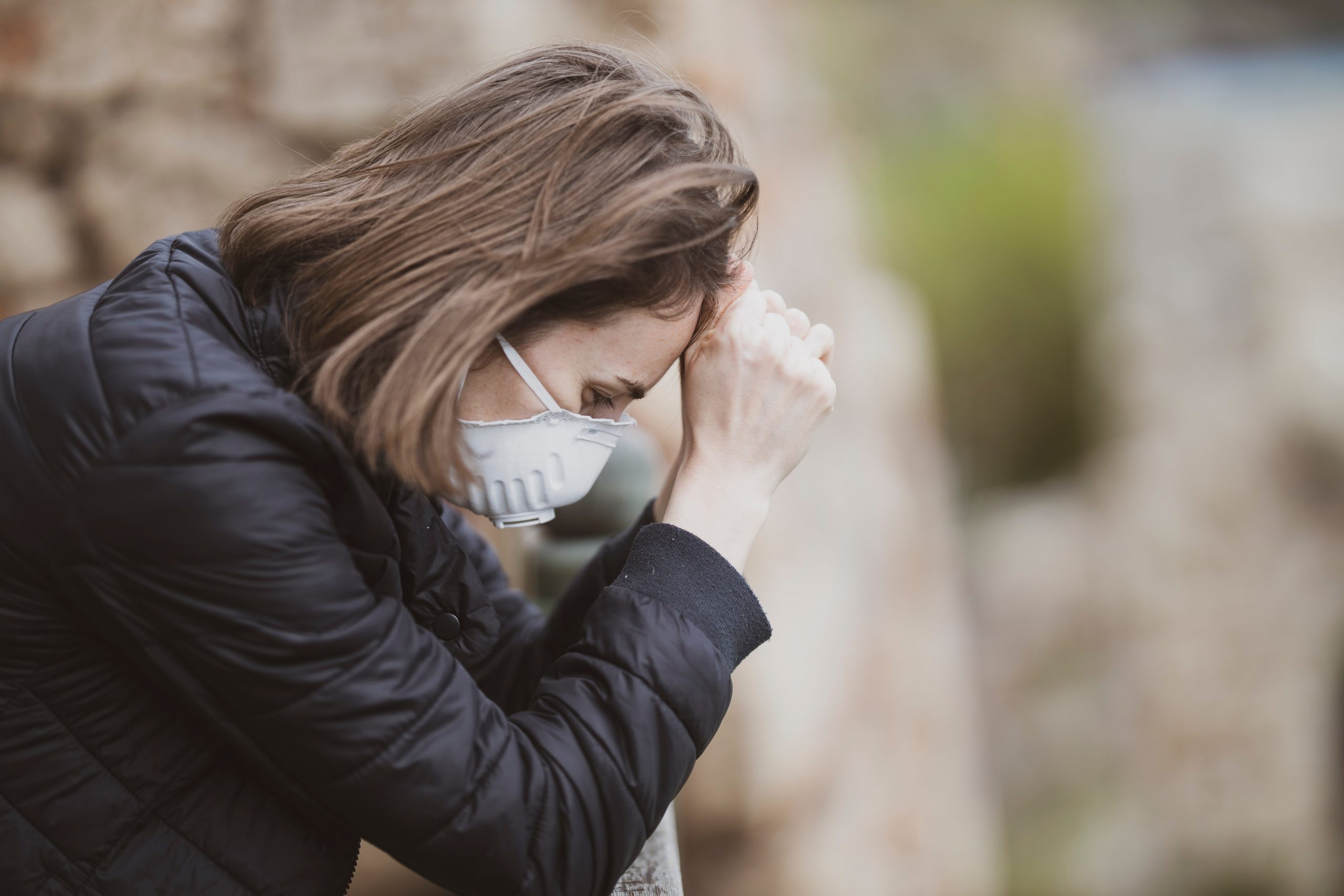November 3, 2020
Mental health is really important to me. And after nearly 8 months of covid, many people’s mental health is strained at best.
In fact, I’d argue that you can’t be a good leader if you don’t prioritize mental health.
So I found this information from a New York Times article to be…awesome.
The Difference between Worry, Stress, and Anxiety
What is worry? Worry is what happens when your mind dwells on negative thoughts, uncertain outcomes or things that could go wrong. It happens only in your mind (as thoughts), but not in your body.
How does worry work? When we think about an uncertain or unpleasant situation — such as being unable to pay the rent, or doing badly on an exam — our brains become stimulated. When we worry, it calms our brains down. Worry is also likely to cause us to problem-solve or take action, both of which are positive things.
It’s only when we get stuck thinking about a problem that worry stops being functional.
Three things to help your worries:
- Allot yourself a certain amount of time to worry. Start with 20 minutes. Once 20 minutes is up, consciously redirect your thoughts.
- When you notice that you’re worried about something, push yourself to come up with a next step or to take action.
- Write your worries down. Research has shown that just eight to 10 minutes of writing can help calm obsessive thoughts.
What is stress? In order for the cycle of stress to begin, there must be a stressor. This is usually some kind of external circumstance, like a work deadline or a scary medical test.
How does stress work? Stress prompts a behavioral response: It fires up your limbic system and releases adrenaline and cortisol, which helps activate your brain and body to deal with the threat. Symptoms of stress include a rapid heart rate, clammy palms and shallow breath.
Three things to help your stress:
- Get exercise. This is a way for your body to recover from the increase of adrenaline and cortisol.
- Get clear on what you can and can’t control. Then focus your energy on what you can control and accept what you can’t.
- Don’t compare your stress with anyone else’s stress. Different people respond differently to stressful situations.
What is anxiety? If stress and worry are the symptoms, anxiety is the culmination. Anxiety has a cognitive element (worry) and a physiological response (stress), which means that we experience anxiety in both our mind and our body. “In some ways,” Dr. Marques said, “anxiety is what happens when you’re dealing with a lot of worry and a lot of stress.”
How does anxiety work? Remember how stress is a natural response to a threat? Well, anxiety is the same thing … except there is no threat. I.E. Your boss gives you a look and you think it means your job is at risk.
Three things to help your anxiety:
- Limit your sugar, alcohol and caffeine intake. Because anxiety is physiological, stimulants may have a significant impact.
- Check in with your toes. How do they feel? Wiggle them. This kind of refocusing can calm you and break the anxiety loop.
- When you’re in the middle of an anxiety episode, talking or thinking about it will not help you. Try to distract yourself with your senses: Listen to music, jump rope for five minutes, or rub a piece of Velcro or velvet.
Read the original article here: https://www.nytimes.com/2020/02/26/smarter-living/the-difference-between-worry-stress-and-anxiety.html

